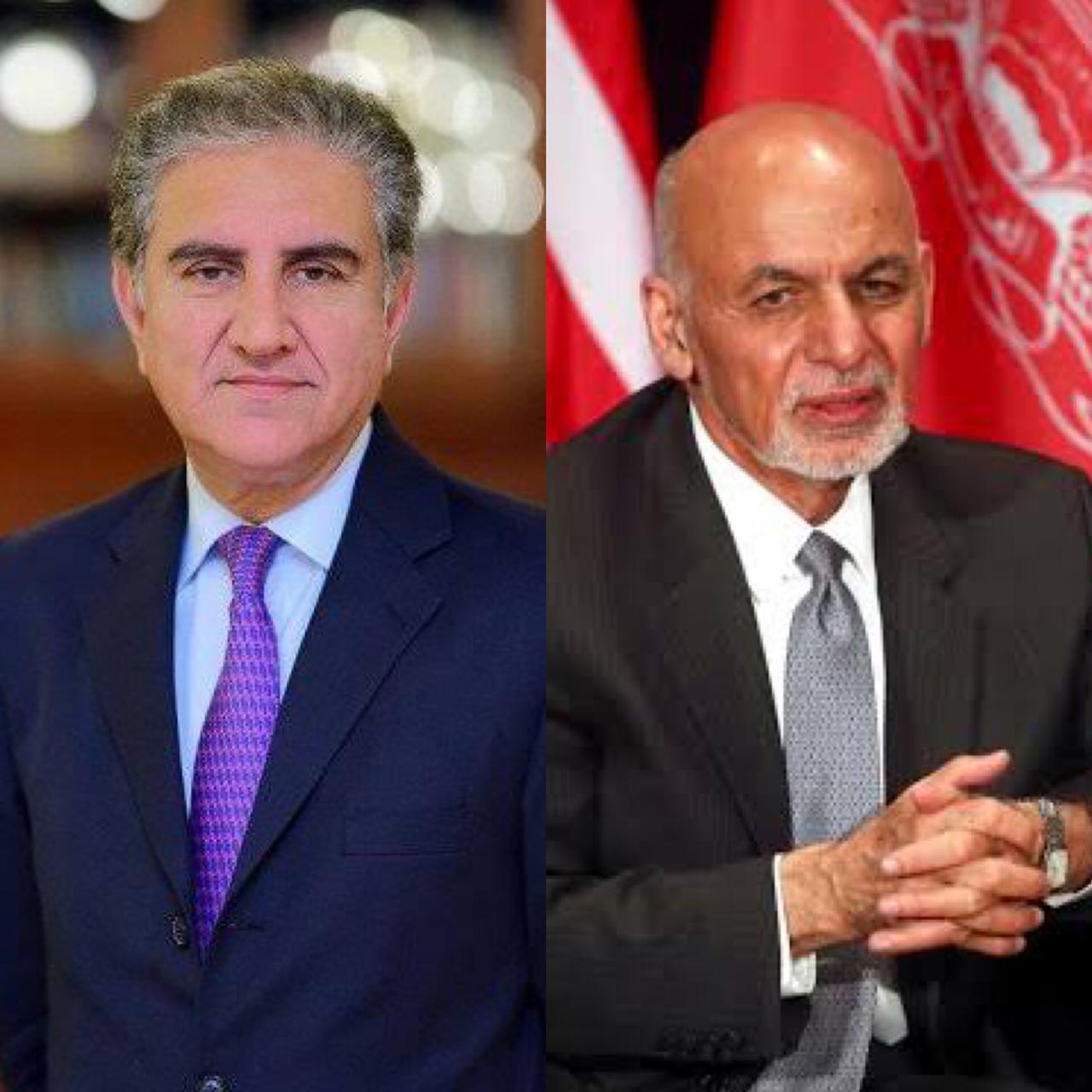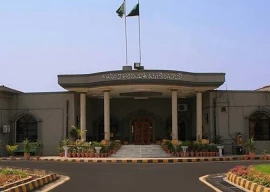
Within hours of the historic deal signed between US and Afghan Taliban in Doha, President Ghani told reporters in Kabul on Sunday that his administration had given no commitment to release 5,000 Taliban prisoners.
Under the four-page deal, prisoner exchange is supposed to take place before the intra-Afghan dialogue scheduled for 10 March. But Ghani’s objection prompted Afghan Taliban to say that they would not join the intra-Afghan dialogue until the 5,000 prisoners are freed.
Amid the hiccup, Foreign Minister Shah Mehmood Qureshi on Tuesday urged both sides to show flexibility. “President Ghani should show magnanimity in the larger national interest and Taliban should also show flexibility,” Qureshi said in a statement.
The foreign minister said the swap of prisoners was part of the deal signed by the Taliban and the United States. He added President Ghani should seek explanation on prisoners release from Washington.
According to his information, Qureshi said the US Special Envoy Zalmay Khalilzad kept the Afghan leadership informed about the dialogue with the Taliban.
“Release of prisoners will not be unilateral but bilateral,” he said, referring to the US-Taliban agreement under which insurgents would also free 1,000 Afghan security personnel from their custody.
“Such goodwill gestures are important when one moves from the war to peace,” the foreign minister said, stressing that this opportunity for seeking peaceful end to the lingering war in Afghanistan should not be missed.
He said the US-Taliban deal was the first step, while noting that the process would not be easy. “The responsibility rests with the Afghan leadership to create conducive environment for the dialogue to move forward.”
He cautioned that people of Afghanistan would suffer the most if the current process did not succeed. “War is not a solution to any problem,” Qureshi added.
Qureshi said Pakistan had played its part and would continue to assist Afghanistan and other players for peace. He added Pakistan’s positive role had been acknowledged by everyone.
But the foreign minister’s friendly advice to President Ghani did not go well with the Kabul administration as it conveyed a strong protest to Islamabad. “The Government of Islamic Republic of Afghanistan strongly condemned the recent remarks made by Pakistan’s Foreign Minister Mr. Shah Mehmood Qureshi on the domestic affairs of Afghanistan,” said a statement issued by the Afghan foreign ministry.
The statement urged Pakistan to refrain from what it called making “such irresponsible statements regarding the internal affairs of Afghanistan”, adding: “Such statements can only lead to creating an environment of distrust and cannot be effective in enhancing the relationship between the two countries.”
The apparent hiccup in the relationship between Pakistan and Afghanistan highlights another area that can potentially have a negative impact on the peace process. Observers believe that Ghani’s refusal to abide by the US-Taliban deal may show his frustration since he may not have any major role in the new set-up given his little support base in Afghanistan.
Pakistan has already conveyed to the US that there are elements within and outside Afghanistan which might try to undermine efforts seeking a political solution to the 19-year long war.
Different languages
In Washington, officials familiar with the development, said on Tuesday that the United States helped fuel the dispute by using different language in documents it agreed with each side – the one signed in Doha and the declaration issued with the Afghan government in Kabul.
The Doha deal said the Afghan government would free up to 5,000 Taliban detainees by March 10, while the US-Afghan declaration commits the Kabul government only to taking part in US-brokered talks on the “feasibility” of such a release.
The Kabul government’s stance appears to be supported by the joint declaration Ghani and US Defence Secretary Mark Esper issued in Kabul shortly before Saturday’s signing of the US-Taliban accord in the Qatari capital Doha.
Asked in a Fox News interview about Ghani’s refusal to release the Taliban prisoners, US Secretary of State Mike Pompeo said: “It shouldn’t surprise anyone that the habits of old days are hard to break. And this will be a bumpy road going forward.”
Richard Olson, a former US special representative for Afghanistan and Pakistan, said the prisoner dispute could delay the intra-Afghan talks and violence could rise after the Taliban’s announcement that it could resume operations against government forces. “That is one of the things that could begin driving a wedge between Afghan forces and US forces,” Olson said.
Officials believe that the prisoners were Ghani’s leverage in the negotiation with Taliban. “For the US to negotiate away his leverage before they even get to the negotiating table I imagine was somewhat galling,” a source told Reuters on condition of anonymity.
A former senior US official familiar with the issue told Reuters that “there is going to have to be a compromise”, adding: “The question is whether (the Afghan sides) can do it themselves or America has to play the heavy.”
(With input from Reuters.)

1725612926-0/Tribune-Pic-(8)1725612926-0-165x106.webp)








1725254039-0/Untitled-design-(24)1725254039-0-270x192.webp)






COMMENTS
Comments are moderated and generally will be posted if they are on-topic and not abusive.
For more information, please see our Comments FAQ